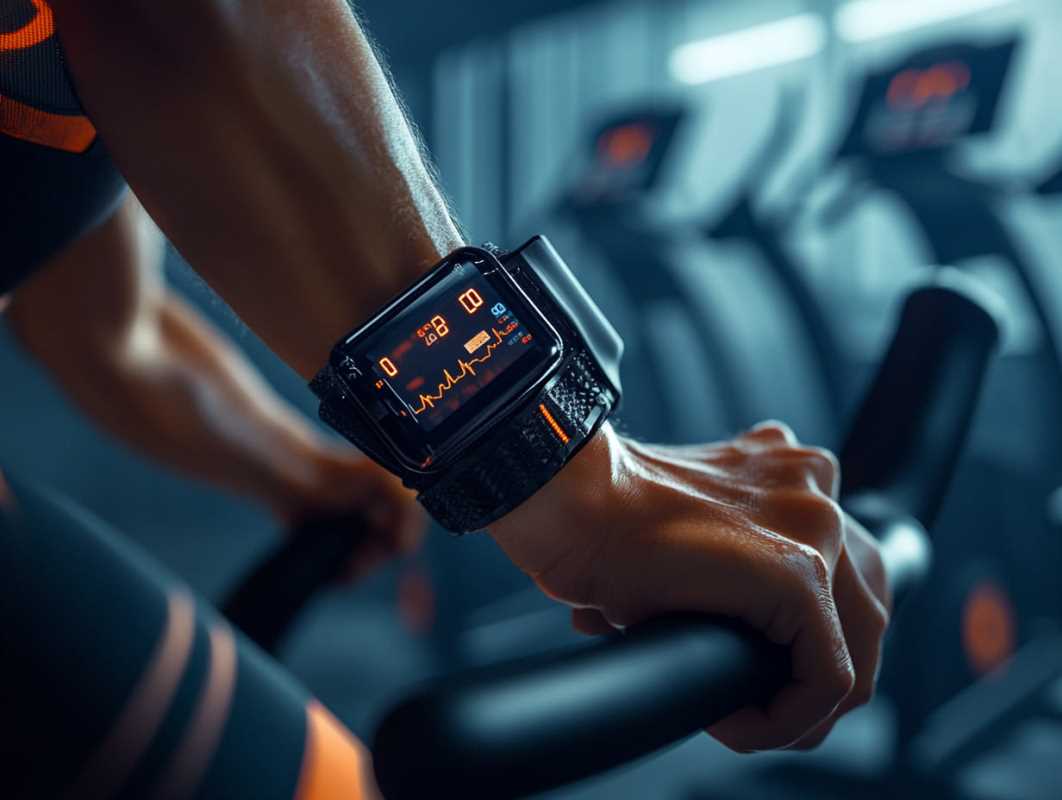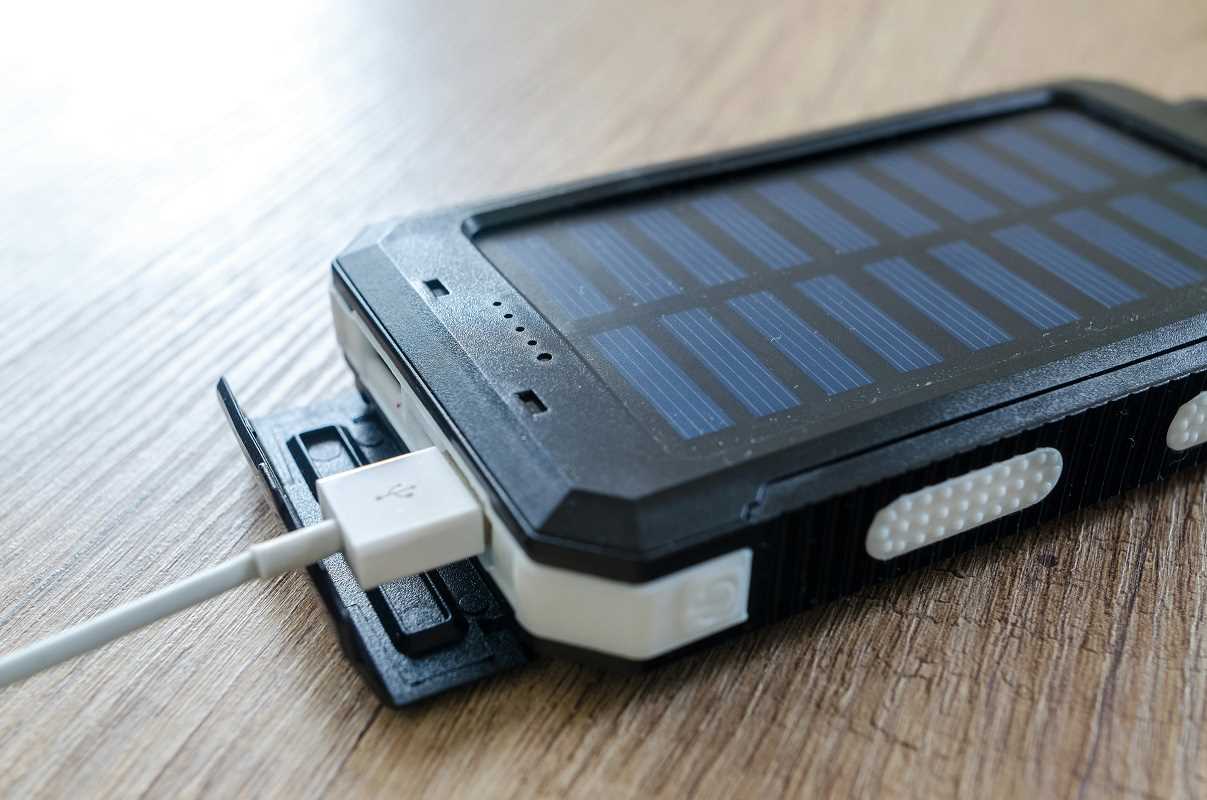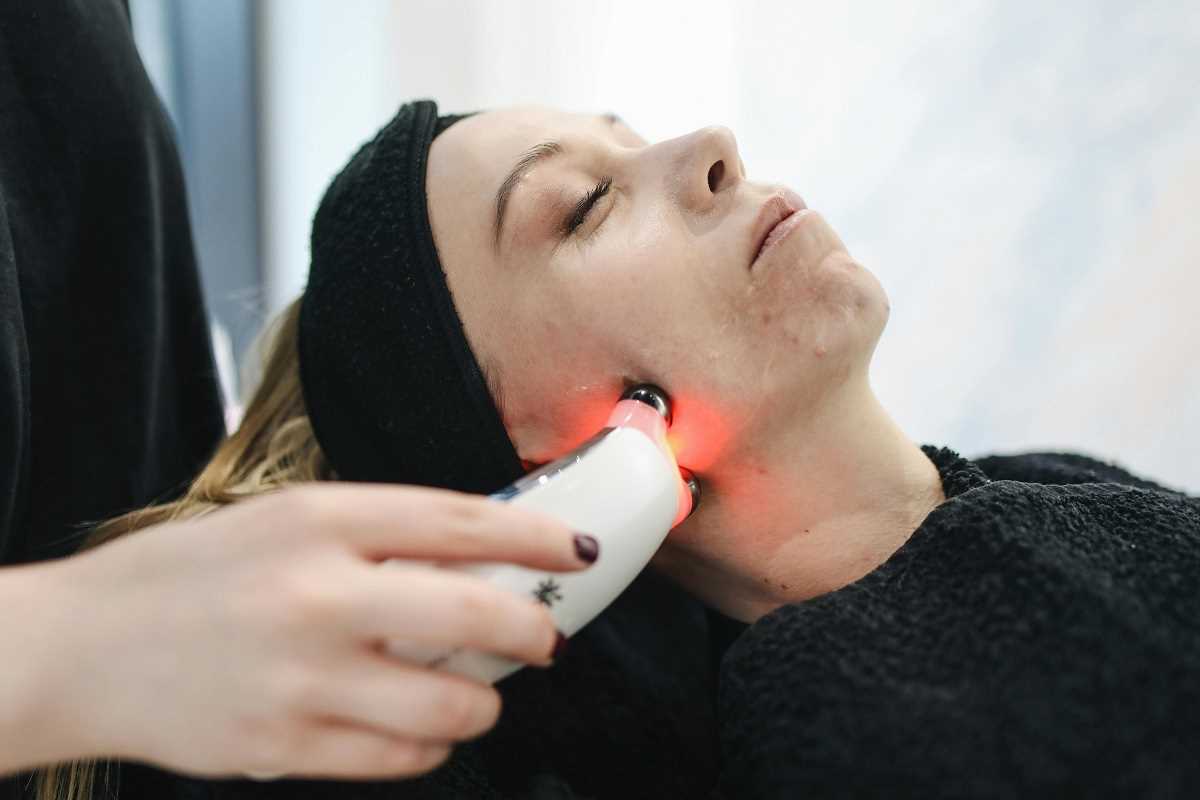Wearable health tech devices have revolutionized the way we approach fitness and wellness. Whether you’re a dedicated gym-goer, a weekend warrior, or just starting your health journey, these cutting-edge gadgets are the perfect way to track, analyze, and optimize your fitness goals. They provide insights into everything from daily activity and heart rate to sleep patterns and hydration levels — all while fitting conveniently into your lifestyle.
These devices combine technology with health tracking, making it easier than ever to set goals, monitor your progress, and make informed adjustments to your routine. With smart features, sleek designs, and practical data at your fingertips, wearable health tech has become a fitness enthusiast’s secret weapon. Let’s explore how these devices can become a part of your fitness journey and help you achieve better health in a modern, intuitive way.
The Role of Fitness Trackers in Monitoring Daily Activity
Fitness trackers are one of the most popular wearable health tech devices on the market. Think Fitbit, Garmin, or other activity tracking gadgets — these devices are more than just step counters. They track your steps, measure calories burned, monitor your heart rate, and help you set daily fitness goals. With these devices, users can enjoy a simple and efficient way to measure their progress and stay motivated to meet personal fitness objectives.
Modern fitness trackers are equipped with advanced sensors that can monitor both movement and physiological data. For instance, many of these devices can recognize various types of workouts, track intensity, and even monitor recovery periods. They sync with apps, giving you a comprehensive view of your activity levels over time. Plus, they act as visual motivators — you can check progress at a glance and feel accomplished every time you hit a goal.
Whether you’re looking to step up your daily walking routine, maintain a cardio-based regimen, or monitor your progress during strength training, fitness trackers act as personalized coaching devices. They’re sleek, easy to wear, and provide insights that encourage consistency, accountability, and progress.
Smartwatches: A Seamless Blend of Fitness and Everyday Tech
Smartwatches have become one of the most versatile wearable health tech devices out there. Devices like the Apple Watch and Samsung Galaxy Watch are the ultimate combination of functionality, connectivity, and health tracking. They go beyond simply counting steps and monitoring calories by combining fitness tracking with smart features like call notifications, music control, and even ECG (electrocardiogram) readings.
With smartwatches, you can monitor your heart rate, track specific workouts, and analyze your recovery while staying connected to your phone or apps. They act as all-in-one devices that integrate fitness tracking into your everyday life. For instance, with built-in GPS, you can track your outdoor runs or bike rides without needing to carry your phone. They’re ideal for those who need notifications without the distraction of constantly pulling out their phone but still want comprehensive fitness insights.
Additionally, smartwatches can often pair with other health apps or smart devices, creating a well-rounded approach to overall health. They offer intuitive features, personalized insights, and smart data analysis, making them ideal for anyone aiming for efficiency and consistency in their health journey.
Advanced Health Insights with Smart Scales and Heart Rate Monitors
Smart scales and heart rate monitors are two other wearable devices that bring accuracy and insight to your health journey.
Smart Scales: Devices like Withings Body+ are not just scales; they’re advanced health devices capable of measuring body composition metrics like body fat percentage, water weight, and muscle mass. This provides a much more detailed picture of your health than simply monitoring weight alone. These devices are helpful for anyone trying to track changes related to strength training, fat loss, or other fitness goals. They offer insights into long-term trends that help users adjust their diet or exercise routines accordingly.
Heart Rate Monitors: Devices like the Polar H10 Chest Strap provide precise heart rate tracking during intense workouts. These wearable devices are equipped to monitor your heart rate in real time, allowing you to optimize your exercise intensity, avoid overtraining, and recover effectively. They’re a favorite among fitness enthusiasts because of their accuracy and ability to track cardiovascular performance.
Both of these devices are essential for anyone serious about understanding their body, progress, and performance. They go beyond basic metrics to help users track key health indicators with accuracy and ease.
Enhancing Recovery and Sleep with Sleep Trackers
Sleep is a fundamental aspect of recovery and overall health, yet it’s often overlooked in fitness journeys. This is where sleep trackers like Oura Ring and Garmin Vivosmart come into play. These devices monitor your sleep patterns, offering insights into your sleep quality, duration, and rest cycles.
With AI-powered sleep monitoring, these devices can analyze sleep trends and pinpoint potential disruptions in your recovery cycle. Understanding your sleep patterns can help you identify habits that may be contributing to poor sleep — such as stress, caffeine consumption, or an irregular schedule — and make adjustments for improved recovery.
Sleep tracking offers detailed insights such as the duration of deep sleep, light sleep, and REM sleep. Users can use these insights to adjust their routines for better mental and physical recovery. With better sleep tracking, you can optimize the benefits of your workouts and ensure that your body has time to repair, grow stronger, and recharge.
Hydration, Posture, and Breathing Insights with Innovative Tech
Wearable health tech extends far beyond steps and calories. Devices like hydration trackers, posture correctors, and pulse oximeters are now becoming essential tools for overall well-being.
- Hydration Trackers: Devices like the Hidrate Spark 3 monitor your daily water intake and send reminders to ensure you’re staying hydrated. Proper hydration improves energy levels, enhances recovery, and supports overall performance.
- Posture Correctors: Devices like Upright Go 2 are wearable devices that monitor your posture and offer real-time feedback when you start to slouch. Poor posture can lead to long-term back pain and spine misalignment, so posture correction is vital for everyday wellness.
- Pulse Oximeters: Wearable devices like Zacurate Pro Series 500DL measure blood oxygen saturation levels — offering insight into respiratory health. This is especially important for monitoring recovery during high-intensity exercise or in higher altitudes.
These devices combine convenience, insight, and innovation to support users’ physical performance, recovery, and overall well-being.
The Power of Wearable Tech: Why These Devices Matter
Wearable health tech devices are no longer just a trend — they’ve become essential tools in optimizing health, fitness, and daily wellness. From step tracking and sleep monitoring to posture improvement and hydration tracking, these devices offer a well-rounded approach to health in one sleek, wearable package. They empower users to:
- Gain insight into personal health metrics
- Receive data-driven coaching and analysis
- Improve sleep and recovery
- Monitor hydration, heart rate, and activity intensity
- Track progress without disrupting daily life
Embrace the power of wearable health technology and see how these devices can transform your fitness journey. They’re not just gadgets; they’re health allies that make achieving your goals easier, smarter, and more efficient.
 (Image source: Midjourney)
(Image source: Midjourney) 





